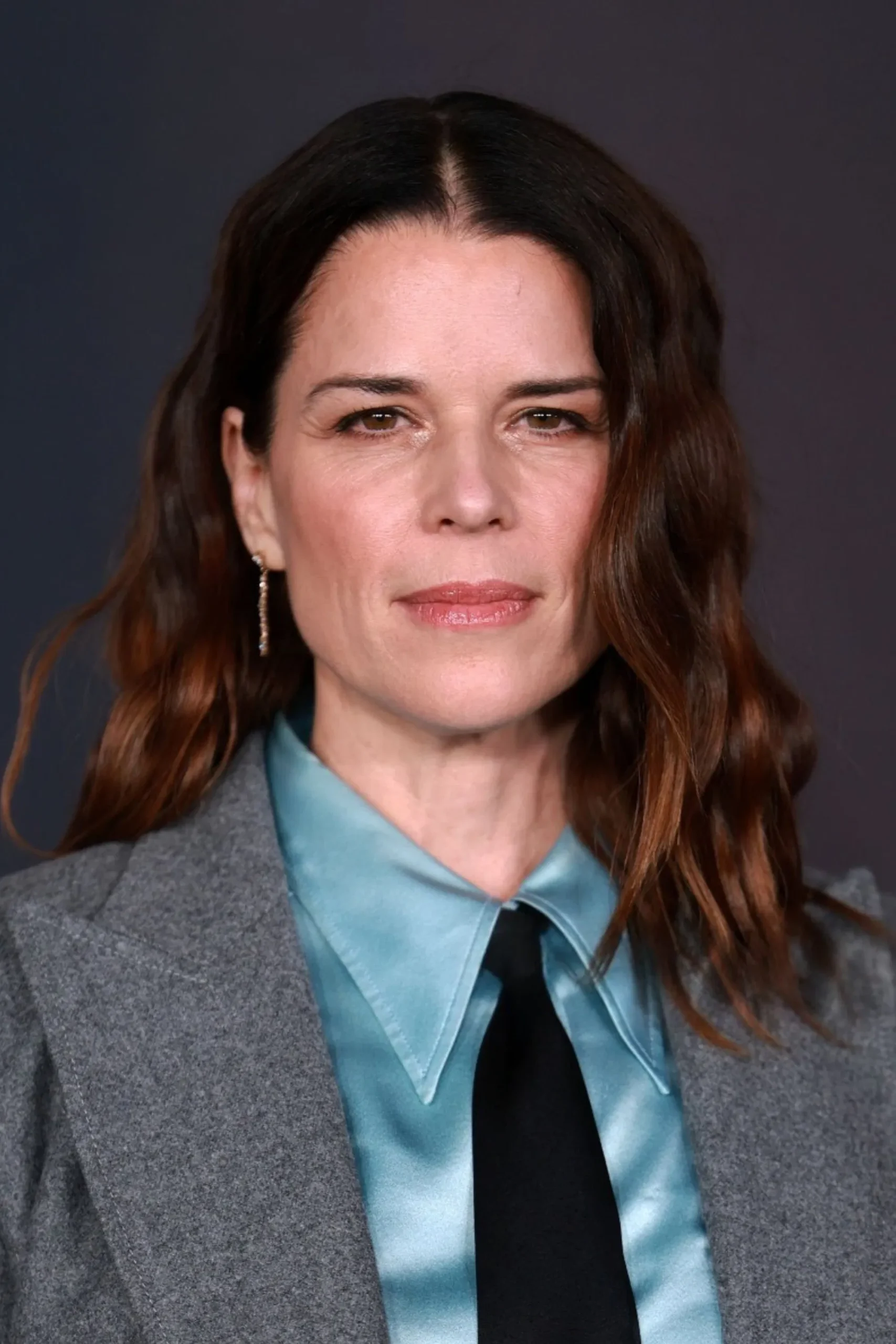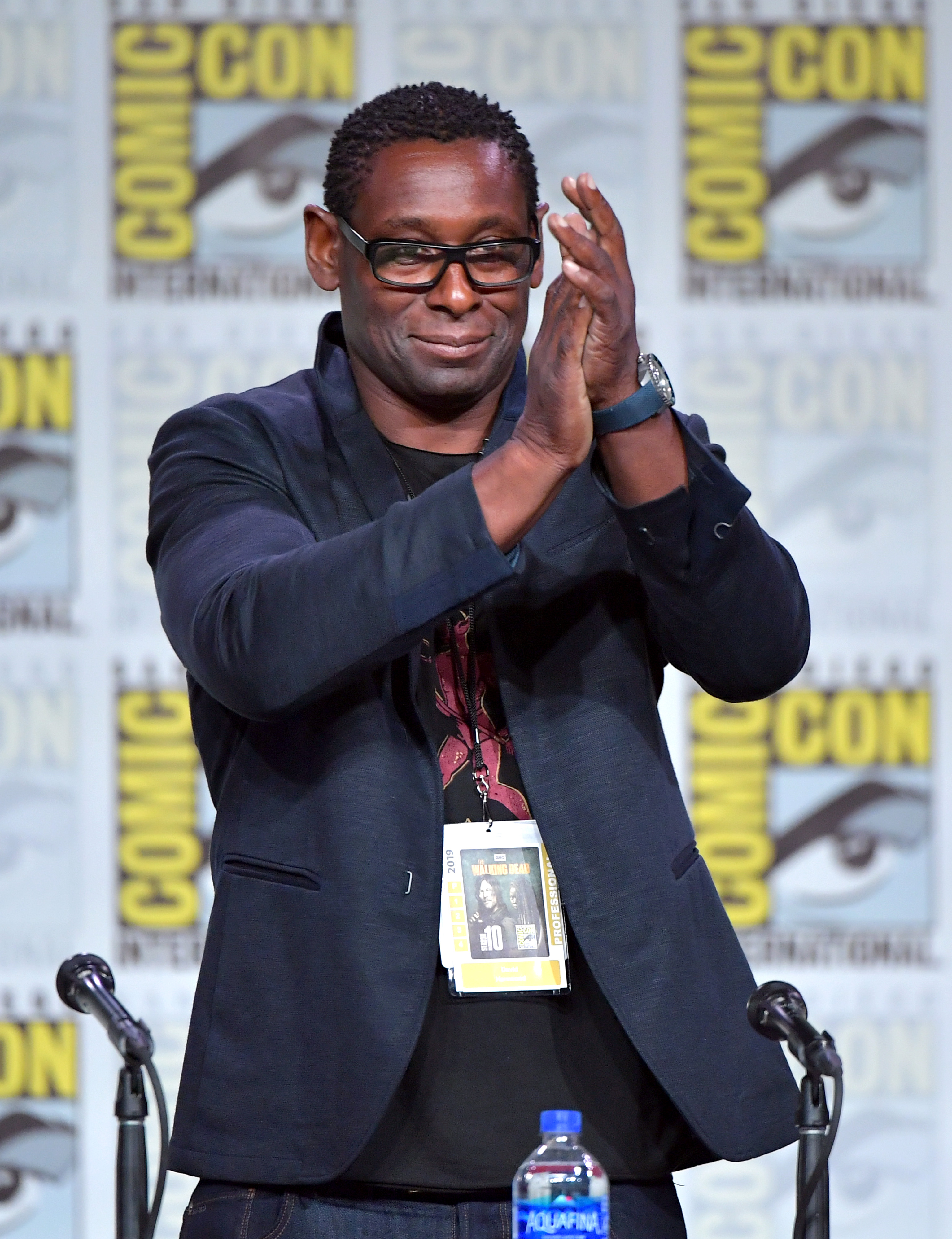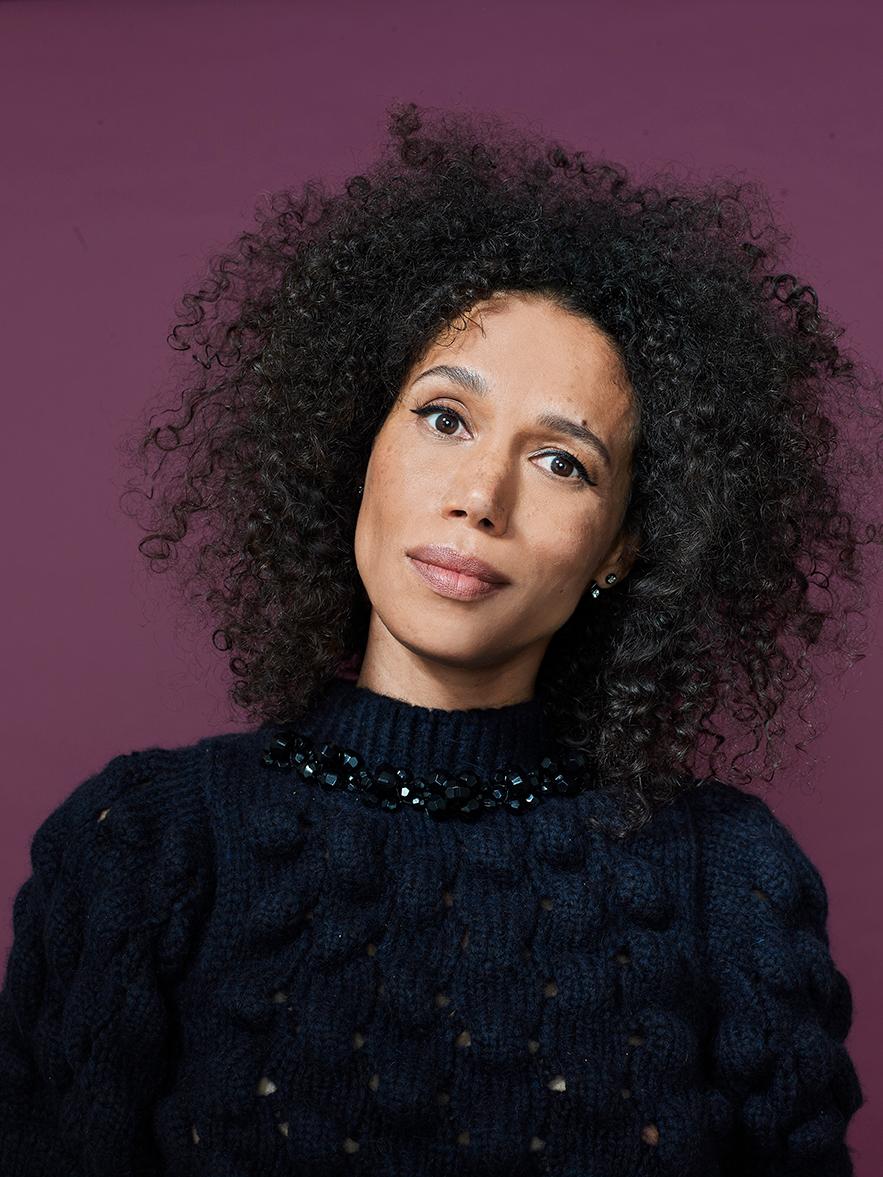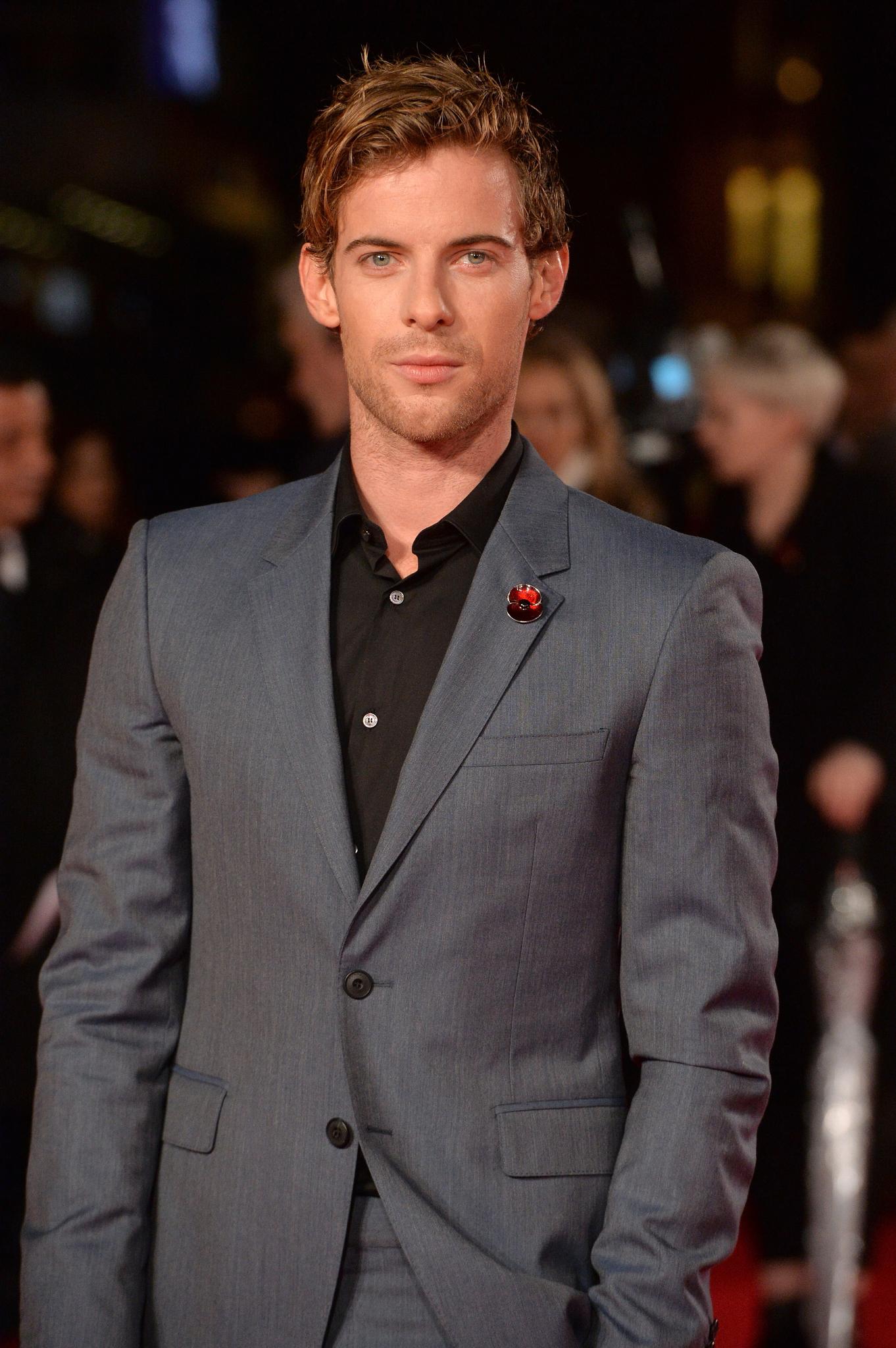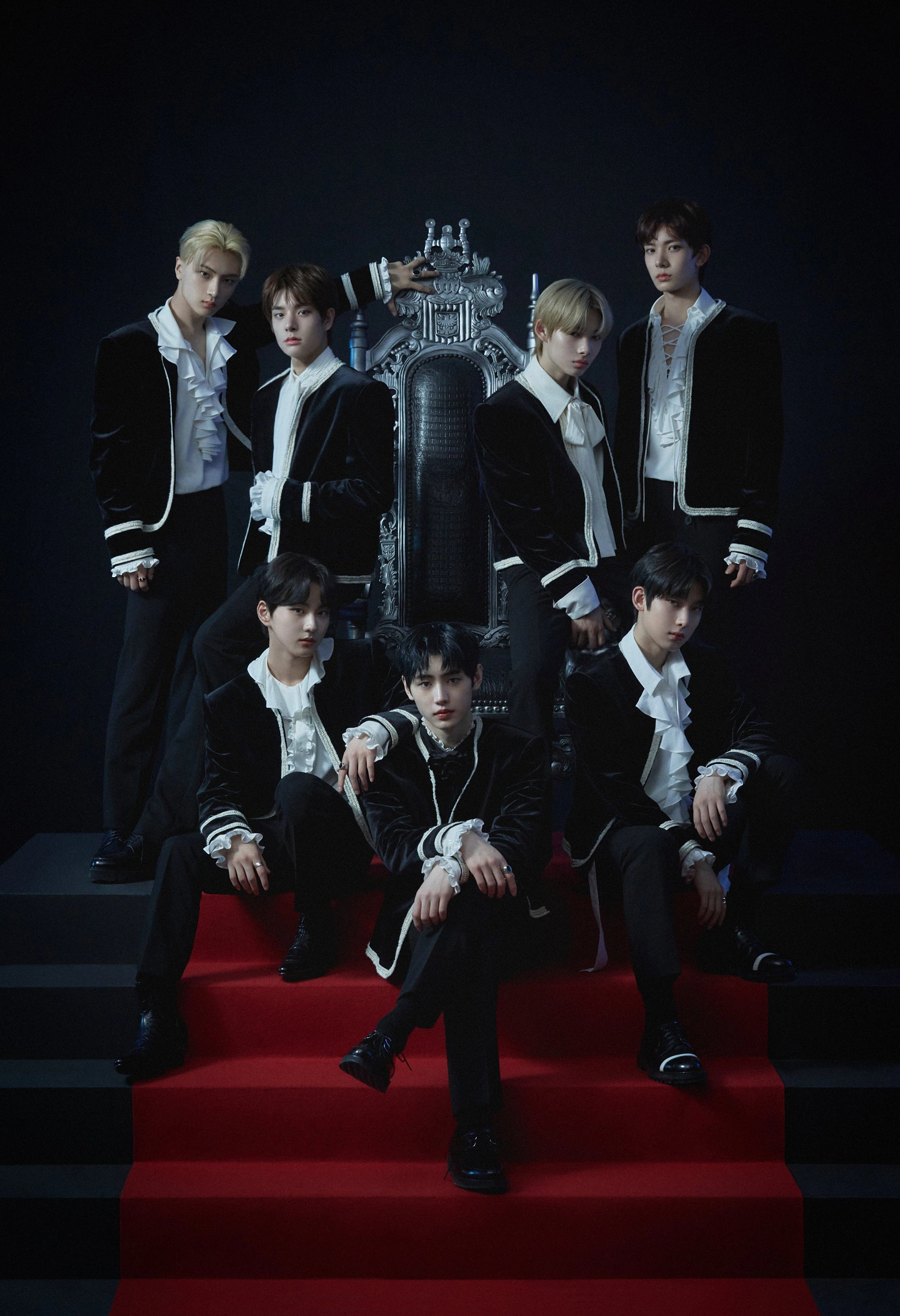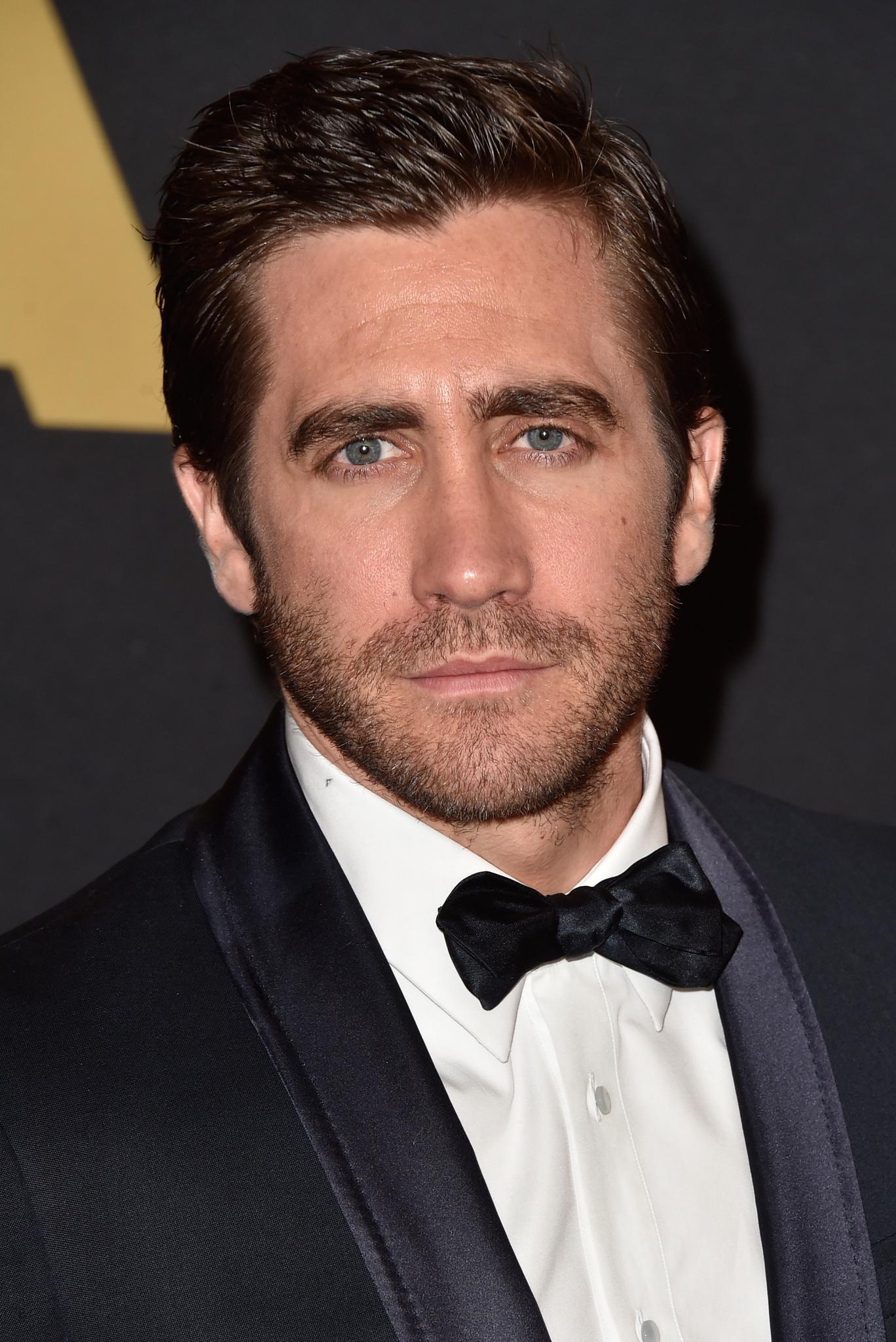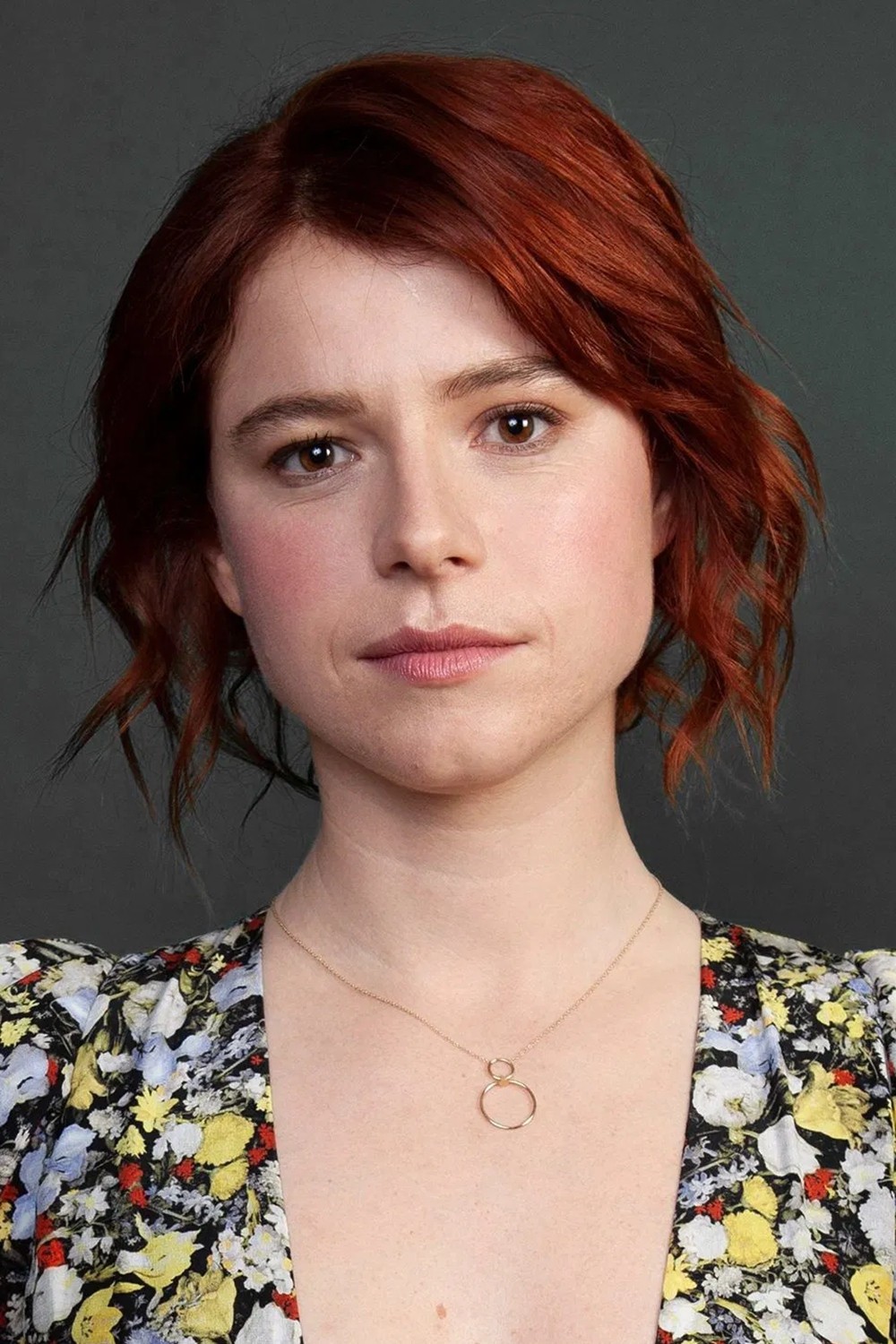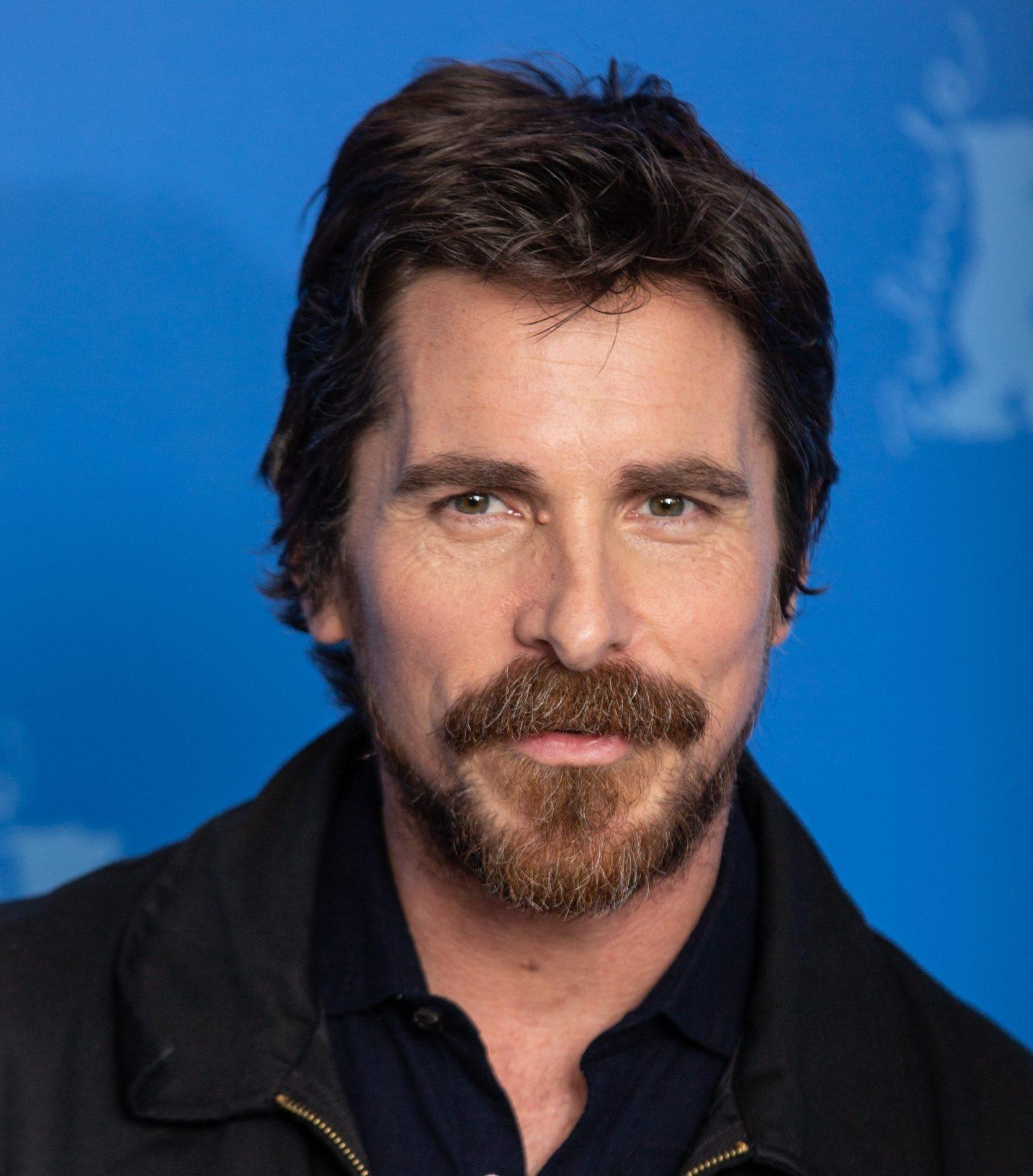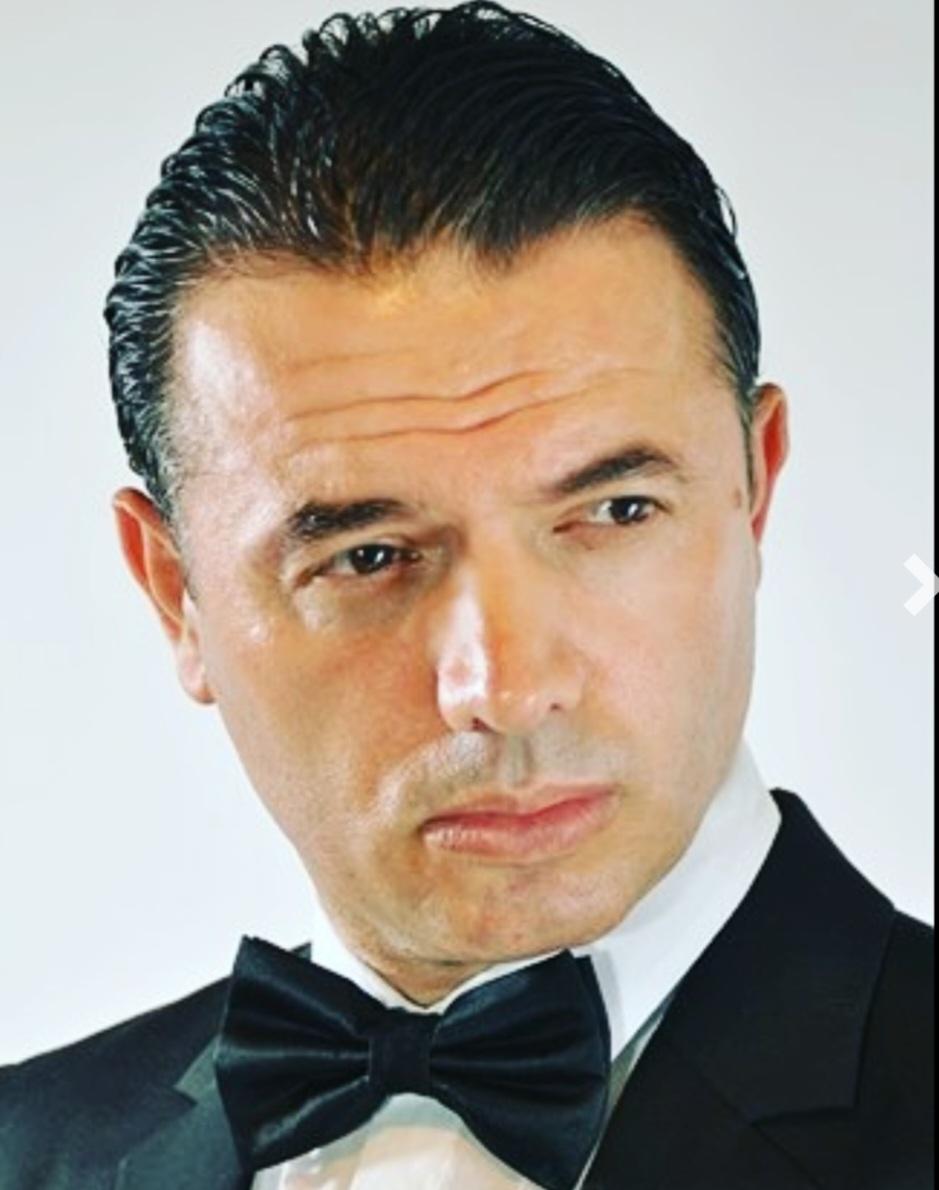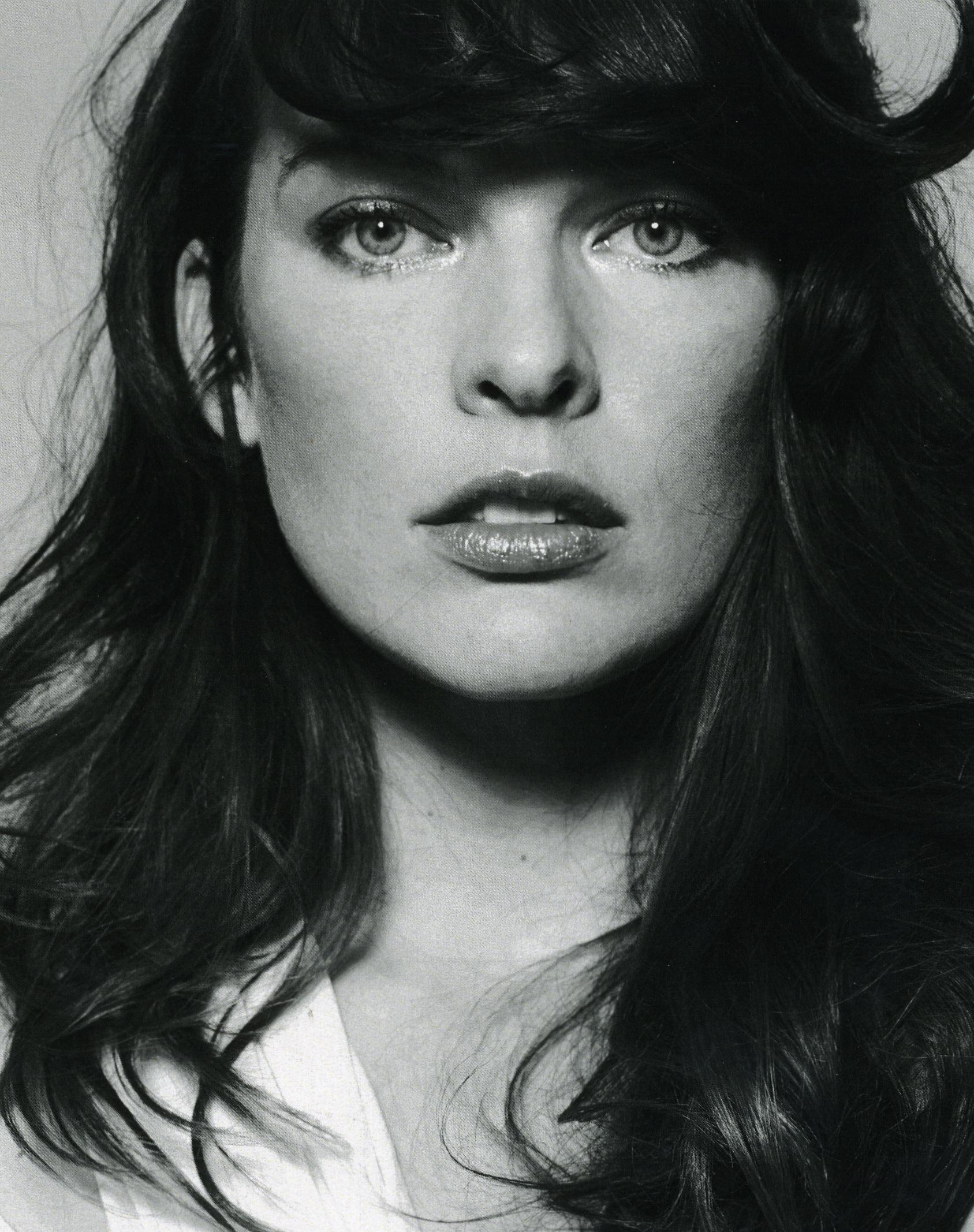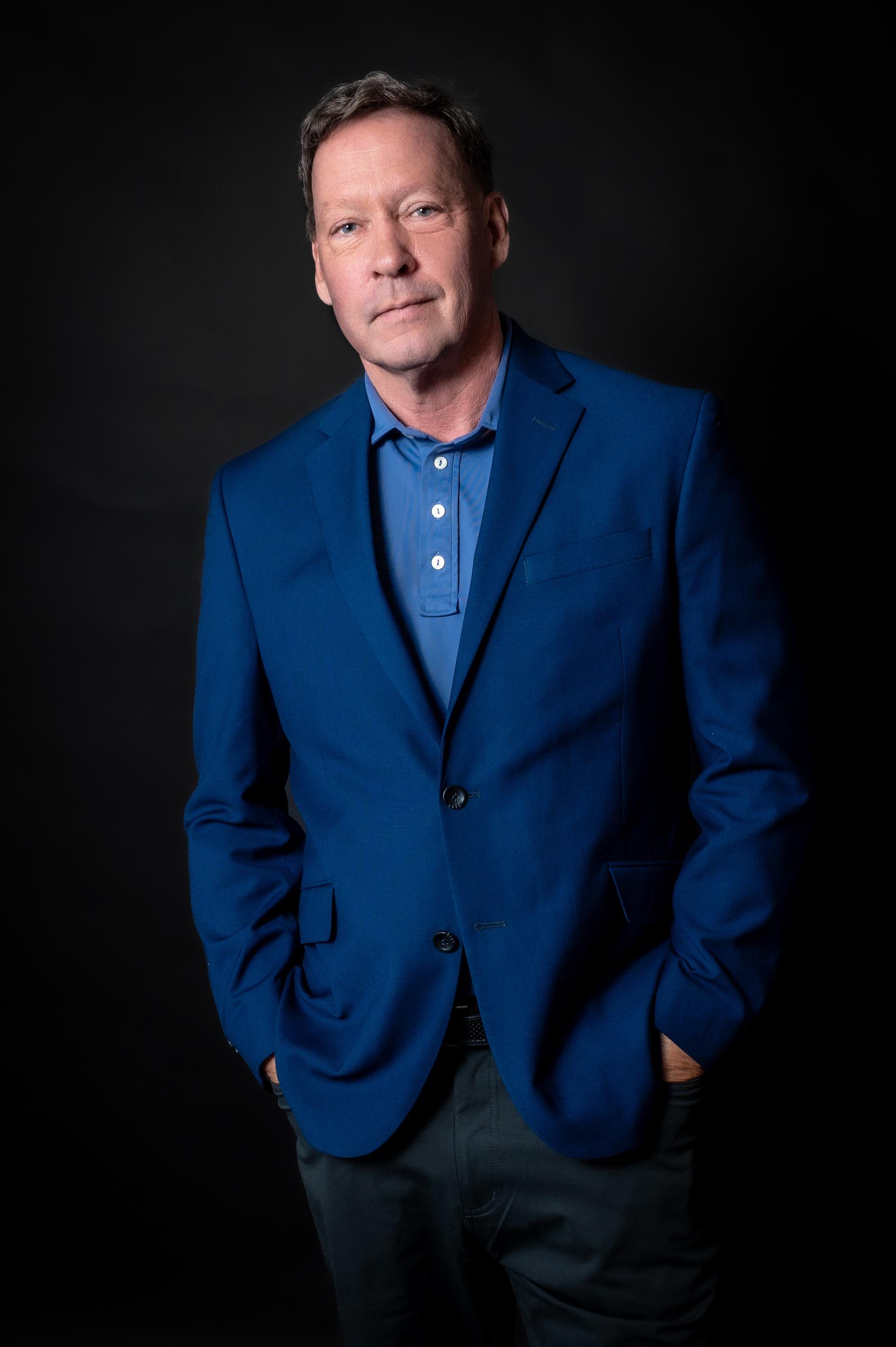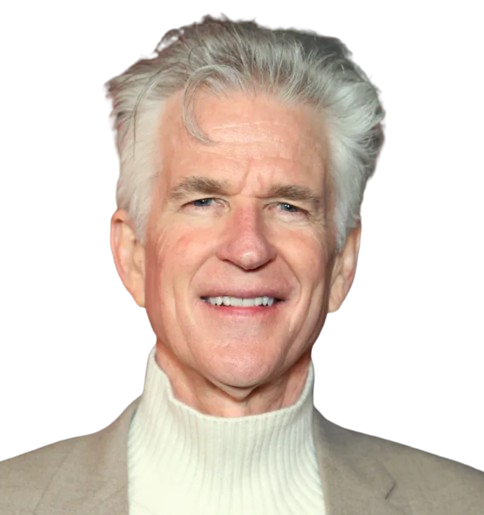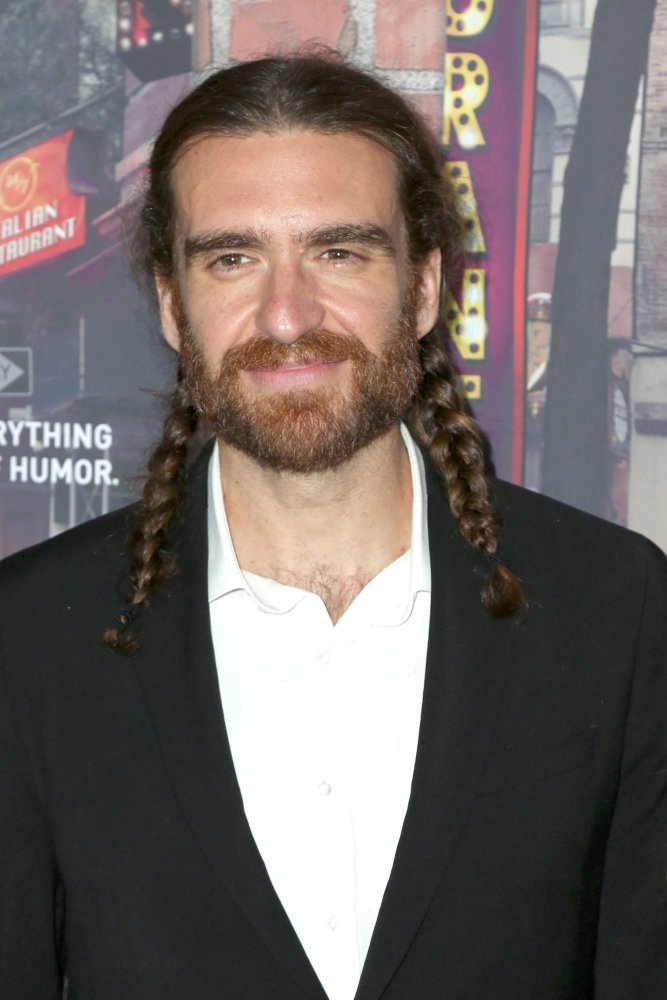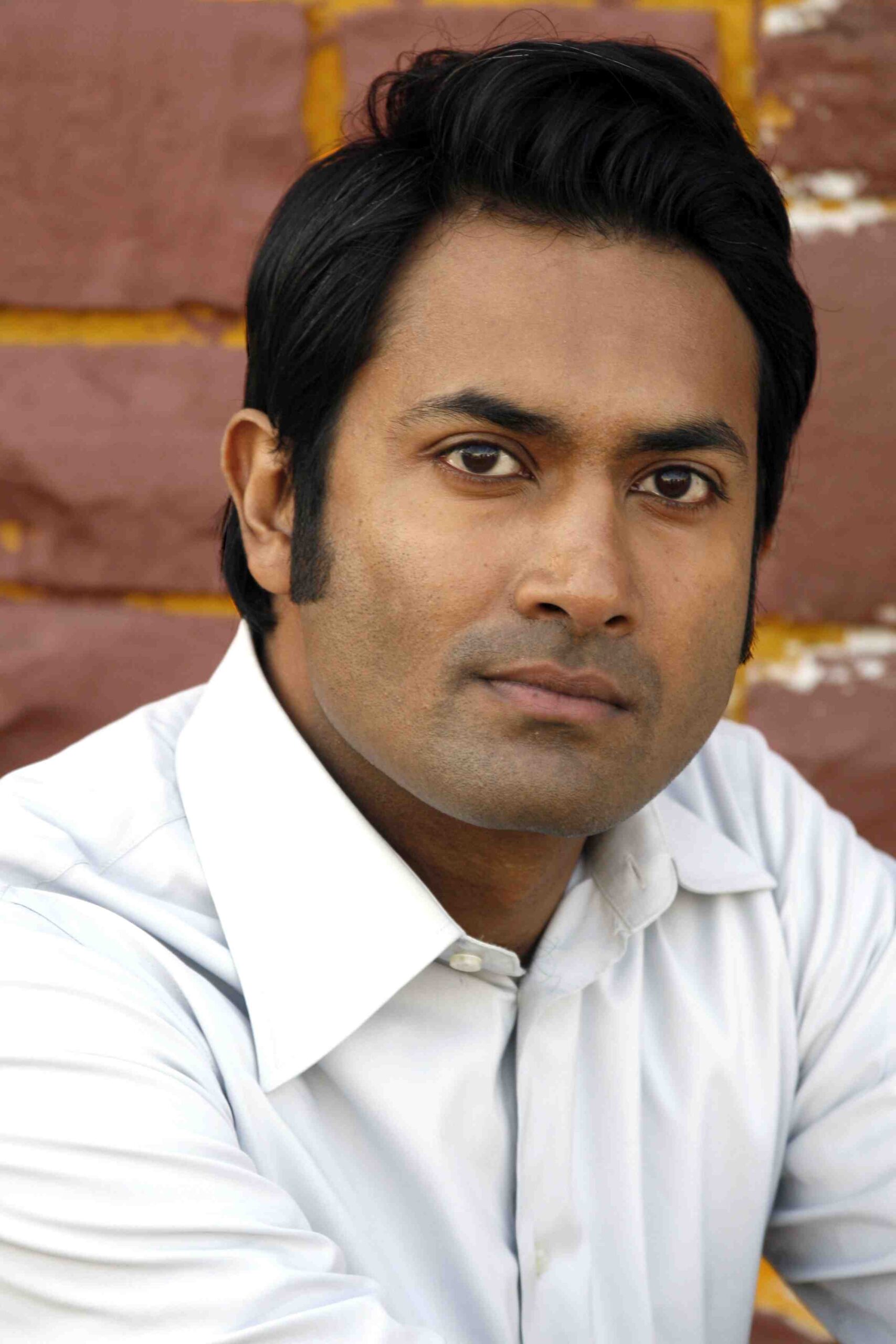Trending Celebrities
Neve Campbell
Birthdate: October 3, 1973 (52 Years Old)
Birthplace: Guelph, Ontario, Canada
Neve Campbell (birthname: Neve Adrianne Campbell) is the original “scream queen” as the central character, Sidney Prescott, in her breakout role in Scream (1997), and first appeared in the Craig Pryce-directed The Dark (1993); then in Canadian director/writer Paul Donovan’s comedy premiering at the Toronto Film Festival, Paint Cans (1994); and then as a co-star in her first Hollywood movie, director/co-writer Andrew Fleming’s teen horror movie, The Craft (1996), co-starring Fairuza Balk, Robin Tunney and Rachel True, and which earned a solid $55.6 million gross for Columbia Pictures/Sony Pictures Releasing.
Campbell then landed the role of Sidney in Scream, starring David Arquette, Courteney Cox, Matthew Lillard, Rose McGowan, Skeet Ulrich and Drew Barrymore under Wes Craven’s direction, written by Kevin Williamson, and became a pop culture landmark delivering a $173 million box office for distributor Dimension Films; Campbell subsequently co-starred or appeared in Scream 2 (1997), Scream 3 (2000), Scream 4 (2011), the sixth entry also titled Scream (2022) and then Campbell resumed her post as star reuniting with director/writer Williamson for Scream 7 (2026).
Campbell had her first above-the-title co-starring role in the thriller, Wild Things (1998), co-starring Kevin Bacon, Matt Dillon, Denise Richards, Theresa Russell, Robert Wagner, and Bill Murray under John McNaughton’s direction, and which delivered a fine $67 million return for distributor Columbia Pictures. Campbell co-starred with Ryan Phillippe, Salma Hayek, and Mike Myers in director/writer Mark Christopher’s Studio 54-set drama, 54 (1998), but proving to be a commercial and critical failure for Miramax Films (based on expenses), with a $16.8 million box office.
Neve Campbell wasa star/producer for the first time in director/writer/producer/co-editor/star Dean Paras’s rom com, Hairshirt (1998), with Rebecca Gayheart, Katie Wright, Adam Carolla, Adam Scott, and Alfonso Cuaron, and released by TriStar Pictures, and then. Campbell jumped into another rrom-com Three to Tango (1999), co-starring Matthew Perry and Dylan McDermott, with Oliver Platt, Cylk Cozart, John C. McGinle, and Bob Balaban under Damon Santostefano’s direction, but losing money ($10.6 million) for distributors Warner Bros. (International)/Roadshow Entertainment (Australia and New Zealand). Campbell joined Danny DeVito, Bette Midler, Jamie Lee Curtis, and Casey Affleck under Nick Gomez’s crime comedy in Drowning Mona (2000), produced by Destination Films (which also distributed)/Neverland Films/Jersey Films, and proved to be a commercial dud (based on costs) with a $16 million global gross.
Campbell co-starred with William H. Macy, Tracey Ullman, and Donald Sutherland in director/writer Henry Bromell’s well-reviewed but little-seen crime drama, Panic (2000), with John Ritter and Barbara Bain, which launched at the Sundance Film Festival and was released to little business by Artisan Entertainment/Roxie Releasing. Campbell was for the first time a star/story writer/producer for director/producer Robert Altman’s dance drama, The Company (2003), co-starring Malcolm McDowell, James Franco and Barbara Robertson, co-produced by Christine Vachon and Pam Koffler’s Killer Films, and grossing a poor $6.4 million (based on costs) for Sony Pictures Classics (U.S.)/Capitol Films (International).
Neve Campbell joined Val Kilmer, Sam Shepard, Faye Dunaway, Amy Smart and Giancarlo Esposito in the thriller, Blind Horizon (2003), directed by Michael Haussman, and released in limited pattern by Lionsgate, and then Campbell joined director/writer James Toback for his universally derided erotic drama, When Will I Be Loved (2004), with Frederick Weller, Dominic Chianese, Mike Tyson and Lori Singer, and released to nearly zero business by IFC Films. Campbell was part of the ensemble of director/co-writer Greg Gilenna’s commercial and critical failure, Relative Strangers (2006), co-starring Danny DeVito (who also produced), Kathy Bates, Ron Livingston, Beverly D’Angelo, Bob Odenkirk, Edward Herrmann, Christine Baranski, Martin Mull, Michael McKean, and Star Jones, and which was released by First Look Studios.
Campbell co-starred in director/co-writer Vic Sarin’s 1947-set drama, Partition (2007), starring Jimi Mistry, Kristin Kreuk, Irrfan Khan and John Light, and backed by money from Canada, South Africa and the U.K., and then Campbell joined the cast for director/producer Richard Attenborough’s final film, Closing the Ring (2007), co-starring Shirley MacLaine, Christopher Plummer, Mischa Barton, Stephen Amell, Pete Postlethwaite and Brenda Fricker, produced in the U.K., Canada and the U.S., premiering at the Toronto Film Festival and released by The Works Distribution. Campbell then co-starred with Andy Nyman and James Cosmo in director/writer/producer Cristian Solimeno’s thriller, The Glass Man (2011), which was released by Indican Pictures in the U.S. and Canada.
Neve Campbell was part of the ensemble of the indie comedy-drama, Walter (2015), with Andrew J. West, Virginia Madsen, William H. Macy, Milo Ventimiglia, Leven Rambin, Jim Gaffigan, Brian White, Peter Facinelli, and Justin Kirk under Anna Mastro’s direction, and released to limited business by Entertainment One. Campbell co-starred in director/writer/producer Rawson Marshall Thurber’s Hong Kong-set action movie starring Dwayne Johnson (who also produced), Skyscraper (2018), with Chin Han, Roland Moller, Noah Taylor, Byron Mann and Pablo Schreiber, produced by Legendary Pictures/Flynn Picture Company/Seven Bucks Productions and released by Universal Pictures for a $305 million global gross.
Campbell joined star Steve Coogan in director/producer Frank Coraci’s poorly reviewed talk radio-based comedy-drama, Hot Air (2018), with Taylor Russell, Griffin Newman, Pico Alexander, Judith Light, Jin H, and Judah Friedlander, and distributed in a limited pattern by Lionsgate/Freestyle Releasing. Campbell joined the cast of director/writer Joey Klein’s Canadian-American indie drama, Castle in the Ground (2019), starring Alex Wolff, Imogen Poots, Tom Cullen, and Keir Gilchrist, premiering at the Toronto Film Festival and released by Gravitas Ventures/Pacific Northwest Pictures.


